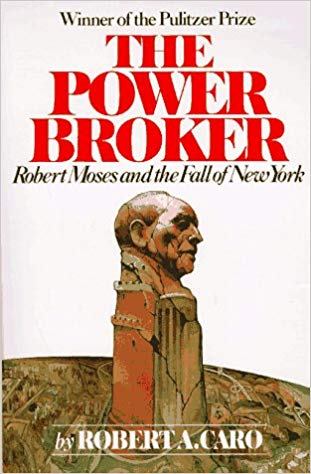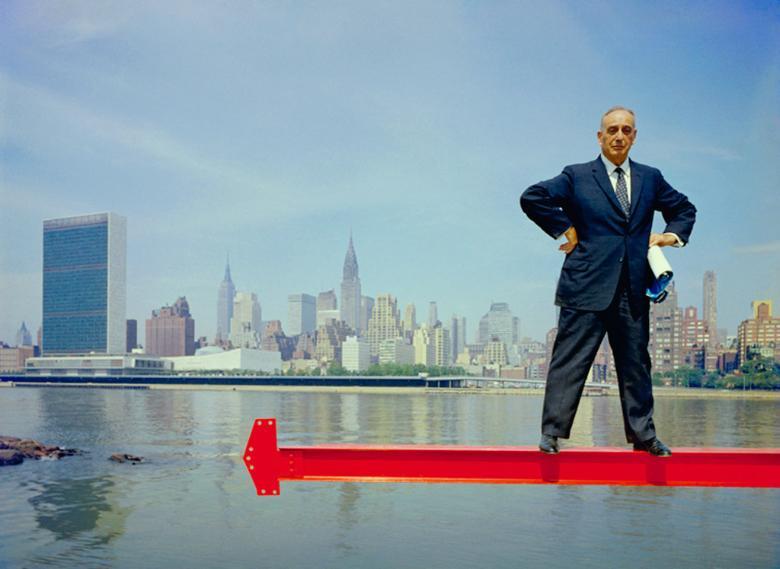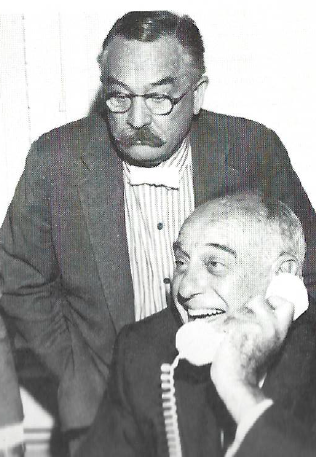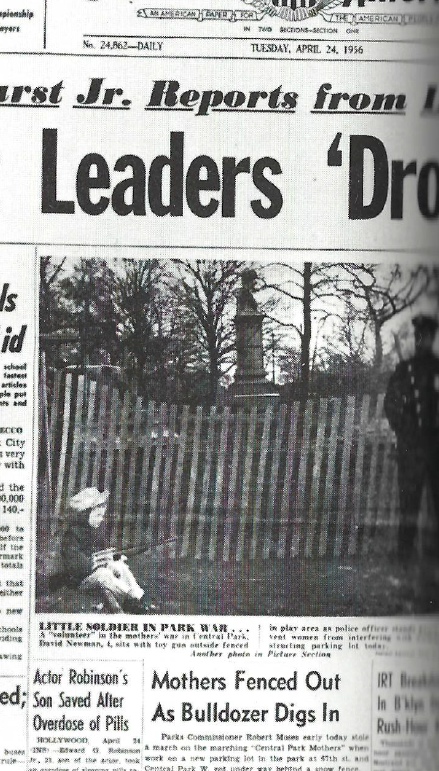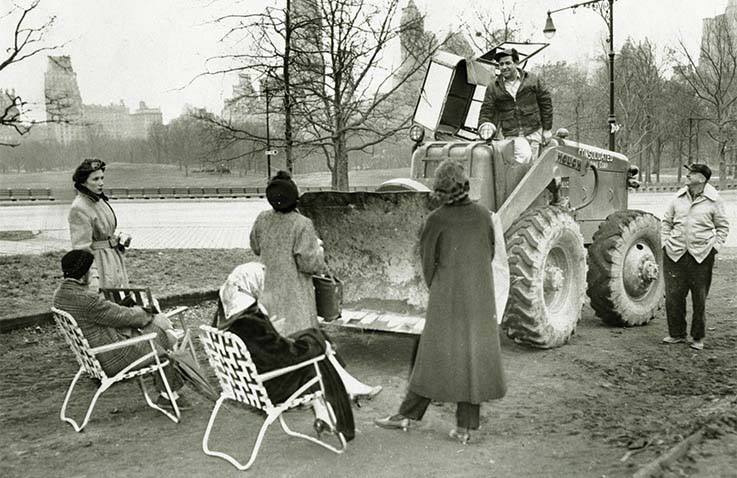Chapter 40 – Point of No Return
By 1952, capital revenues from the highway and bridge tolls was half a billion dollars. Moses now had more money for development than the city. Allied to this, the U.S. government were proposing a new Federal Highways fund. Moses increased his plans to use up the money.
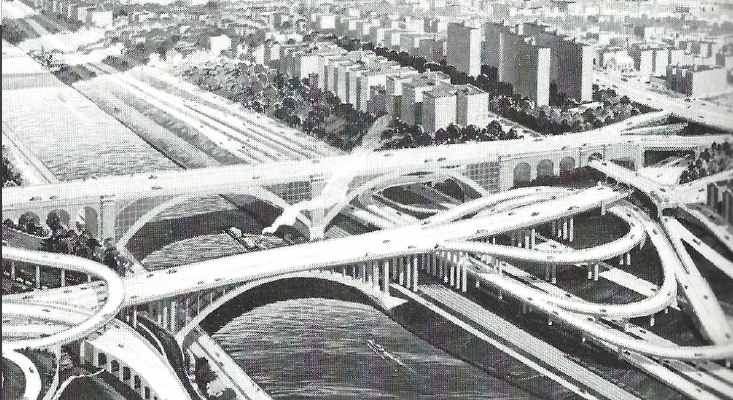
Only the Port Authority had more funds than Moses. Moses decided to cooperate with his old enemy in order to tap into their funds to carry out his new programs. The Port Authority realised they had an identification of interest with Moses. Both their plans could only be achieved by cooperation. They agreed to build three new bridges and a connected series of new expressways across the city and stretching out into the suburbs. The two authorities were to make vast profits out of the road tolls; in effect out of the traffic chaos they were creating. Behind Moses was the coalition of special interests: oil companies, the motor industry and politicians, known colloquially as “The Highwaymen.”
In 1955, the two authorities had combined funds of one and a quarter billion dollars, more than enough to create a mass transit system, serving the city into the future and removing thousands of cars from the choked roads. Instead, the two authorities spent their money on the automobile. Not a cent was spent of mass transportation.
Travel on the subways were inhuman. The crowds pushed and shoved on the platforms before being crammed like sardines into ageing trains. By 1965, crowds were being jammed into the trains just short of suffocation. Because of lack of ventilation systems, the subways almost too hot to bear. Trains were constantly breaking down. From being one of the safest subways in the world, the New York system had degenerated into one of the most dangerous.
The floors were filthy. Walls were covered in abhorrent graffiti. Trips into the city from the suburbs took more than an hour.
Railroads were in a bad way as well. Moses’s highways had sucked all the funding away, the highwaymen providing the lobbying and support. The railroads grew poorer and started showing losses. Fares had to be raised and services cut back. This pushed even more people onto the highways in their clean, air-conditioned cars rather than use the crushed, dirty carriages.
The total cost of Moses’s treatment of the railroads and subways needs to be measured in the effect on commuters’ lives. A new illness was diagnosed, “Commuter Stress Syndrome”, and one in four commuters suffered from it. The commute on the starved subways and railroads dominated peoples’ lives. Many considered it more taxing than their actual work. The lives of the residents of New York were being eaten up by the attempt to move from one place to another.
Another effect of the highways was the spreading out of New York into suburbs with spaced out housing but little local infrastructure such as stores and theatres. With this type of low-density housing, mass transit is un-economic. There would need to be a change to high-density housing to allow enough people to use the stations. Building expressways no longer make sense. Only mass transit – the combination of buses, railroads and subways – made any sense. Robert Moses was planning to build a new highway costing $500M. If only $20M were spent on a new railroad, the impact on reducing congestion would be far greater.
Robert Moses was not interested in mass transit. It would mean revising his plans. He quashed all discussion of rapid transit plans, even though they had been fully worked out. The highways and bridges went ahead and as each section opened the congestion got worse. In fact, the bridges had been deliberately built with such low clearance that buses couldn’t pass through as it would have ruined Moses’s original concept. One man’s dream had become a nightmare for generations to come.
Analysis & Key Takeaways
- Moses loved power not to become wealthy because he was already wealthy for the most part. He wanted the grandeur of building amazing things. The Borough presidents are powerful at least they thought they were but they aren’t actually and so in the 1965; this turns out wrong under Moses; the board of estimate should have more power…borough courtesy was the logic that borough presidents should only push something that was approved by the borough mayor;
- He was not beholden to public opinion; Moses used economic forces rather than political bias. Non Democratic forced was the machine.
